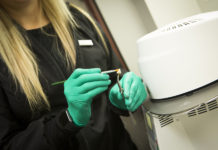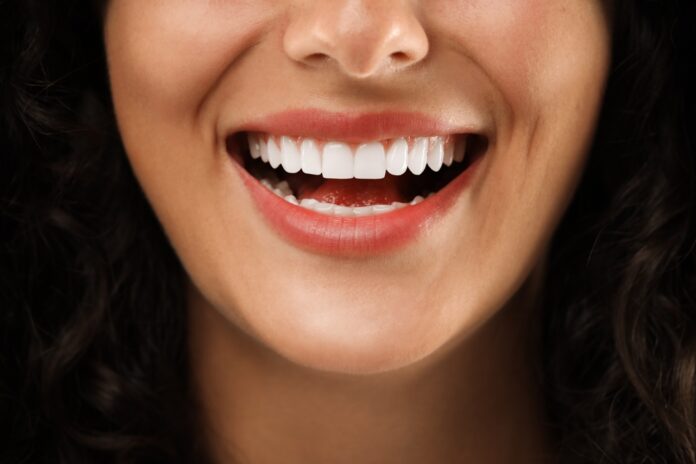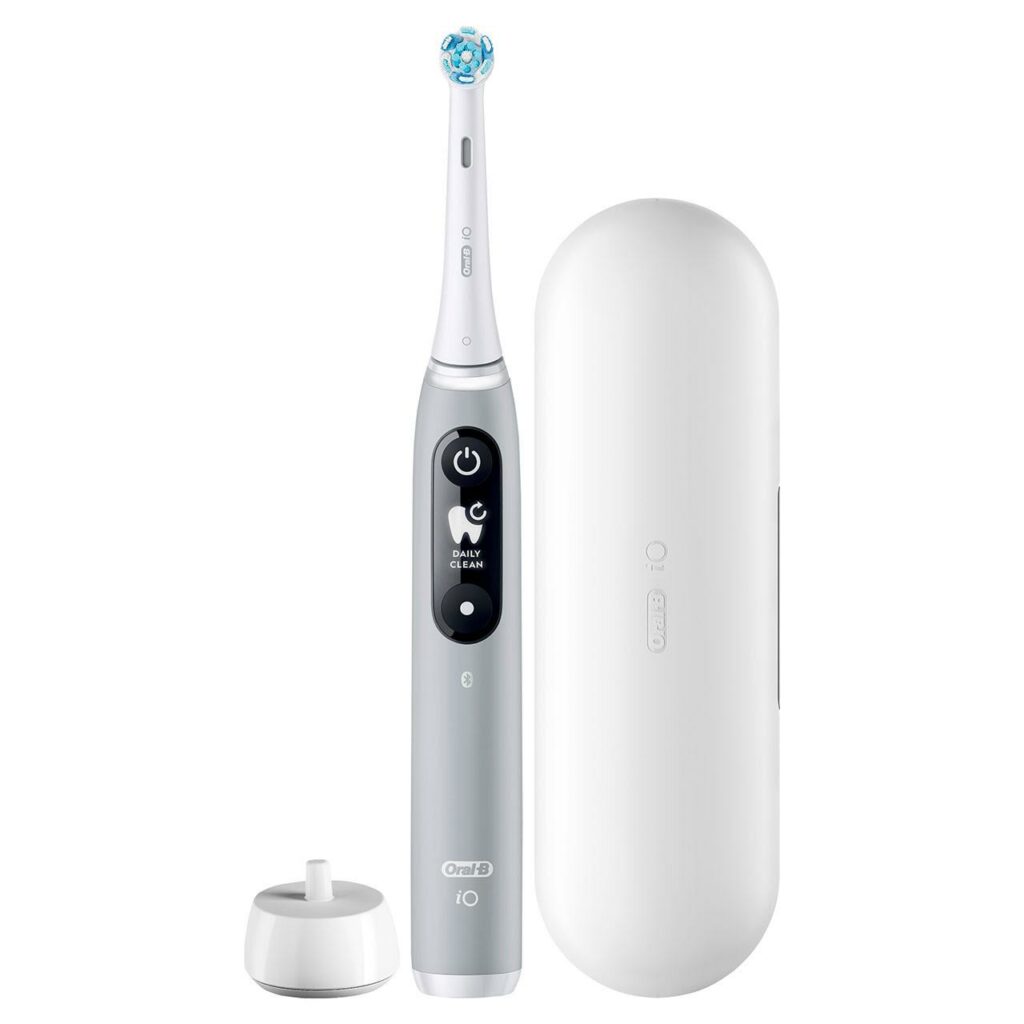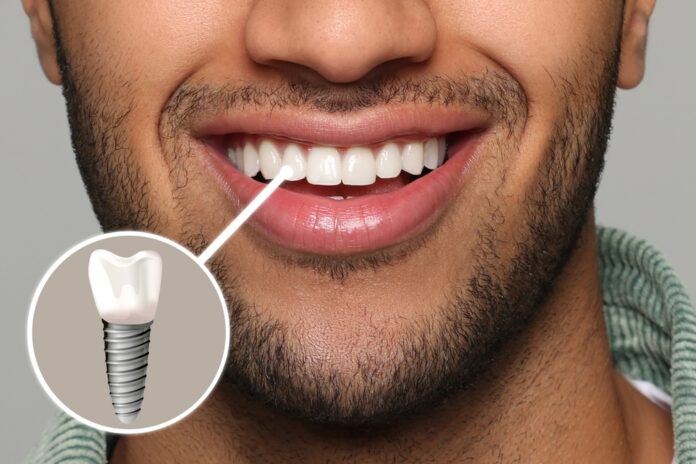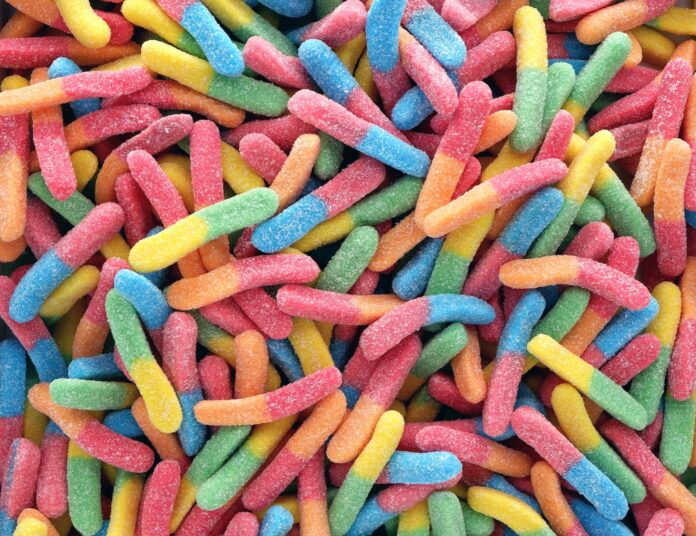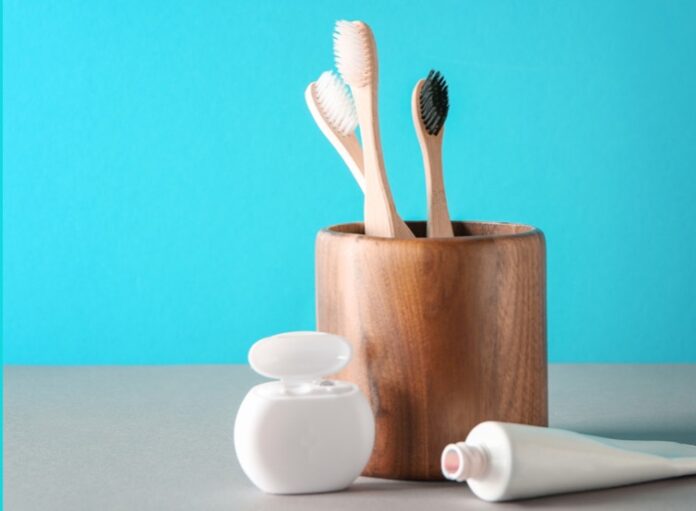Are you looking for a straighter, more confident smile but don’t want to spend years in braces or aligners? Instant orthodontics with crowns and veneers offers a fast and effective solution for correcting misaligned, uneven, or damaged teeth. At Bolding Dentistry, Omaha’s trusted cosmetic dentist, we specialize in helping patients achieve their dream smiles with these advanced dental treatments.
What Is Instant Orthodontics?
Instant orthodontics is a cosmetic dental technique that uses dental crowns and porcelain veneers to quickly correct issues such as misalignment, gaps, and uneven teeth. Unlike traditional braces or clear aligners, which take months or years to shift teeth into place, instant orthodontics provides an immediate transformation—often in just two visits.
Crowns vs. Veneers: What’s the Difference?
- Dental Crowns: Custom-made restorations that cover the entire tooth, providing strength, durability, and an improved appearance. Crowns are ideal for teeth that are severely misaligned, damaged, or weakened.
- Porcelain Veneers: Thin shells of porcelain that are bonded to the front surface of teeth. Veneers are perfect for correcting minor misalignment, gaps, discoloration, or uneven shapes while maintaining most of the natural tooth structure.
Who Is a Good Candidate for Instant Orthodontics?
If you have:
- Crooked or uneven teeth but don’t want braces
- Gaps between teeth
- Chipped, worn, or discolored teeth
- Misshapen teeth that affect your smile
Then crowns and veneers may be the perfect alternative to traditional orthodontics.
Benefits of Instant Orthodontics
- Fast Results: Achieve a straight, symmetrical smile in just a few weeks.
- Natural Appearance: Custom-designed to match the color, size, and shape of your natural teeth.
- Durability: High-quality materials provide long-lasting results.
- Minimally Invasive: Requires little to no downtime compared to traditional orthodontics.
- Improved Confidence: Enjoy a picture-perfect smile without metal brackets or aligners.
The Instant Orthodontics Process at Bolding Dentistry
- Consultation & Smile Assessment: Our experienced cosmetic dentists will evaluate your smile and discuss your goals.
- Custom Treatment Plan: We’ll determine whether crowns, veneers, or a combination of both is best for your unique needs.
- Tooth Preparation & Impressions: A small amount of enamel may be removed (for veneers) or reshaped (for crowns), and we’ll take digital impressions for precision.
- Final Placement: Once your custom restorations are ready, they are bonded securely to your teeth, instantly transforming your smile!
Why Choose Bolding Dentistry in Omaha?
At Bolding Dentistry, we are committed to providing top-tier cosmetic dentistry with the latest technology and techniques. Our patients love the personalized care, comfortable environment, and outstanding results we deliver. Whether you want a subtle enhancement or a dramatic smile makeover, our team is here to help.
Schedule Your Consultation Today!
Ready to achieve a stunning smile with instant orthodontics? Contact Bolding Dentistry today to schedule your consultation and discover how crowns and veneers can give you the confident, beautiful smile you’ve always wanted!
📞 Call us at (402) 393-4400






